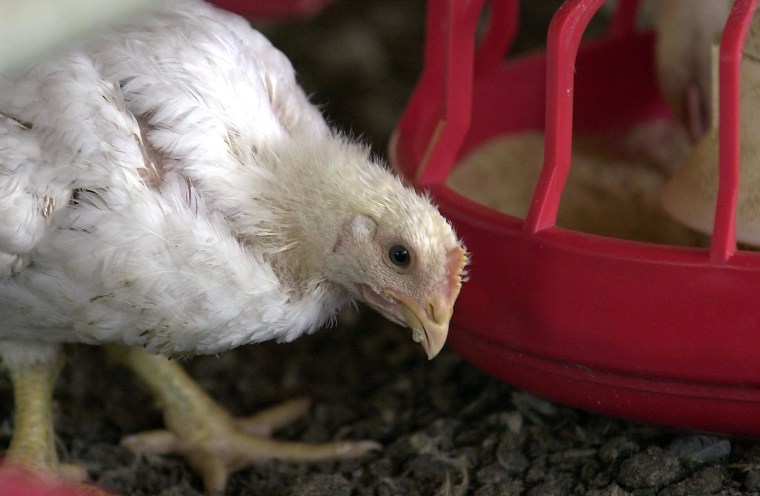The National Council of La Raza said Latino workers will benefit from an Obama administration decision to keep poultry plants from accelerating production.
The USDA issued new regulations on poultry processing Thursday. The new rules did not include approval for plants to speed up production from 140 birds per minute to 175 birds per minute as was initially proposed.
“In order to truly modernize the poultry industry, there must be standards in place to keep workers safe and healthy on the job,” Janet Murguía, NCLR president and CEO, said in a statement.
More than a third of poultry workers are Latino, said Catherine Singly Harvey, manager of the economic policy project at NCLR. Latinos are about 16 percent of the U.S. workforce.
Detailed data on poultry injuries is not available because of proprietary protections, but academic research has shown problems at some plants, Singly Harvey said. She also said many injuries go unreported by employers and employees.
Singly Harvey said the groups were concerned about how faster line speeds would effect workers deboning and cutting meat and making the same motion up to 20,000 times in a shift.
About 20 plants of 219 will continue to have faster line speeds as part of a pilot program, the Washington Post reported.
“The status quo in the industry is troubling. Injury rates at one of the plants the federal government studied was 40 percent at current speed,” Singly Harvey said. However, that finding cannot be generalized for the entire industry because only one plant that was evaluated, she said.
IN-DEPTH
USDA Revamps 50-Year-Old Poultry Inspection Rules
Reps Urge USDA to Shut Down Foster Farms After Chicken Recall
